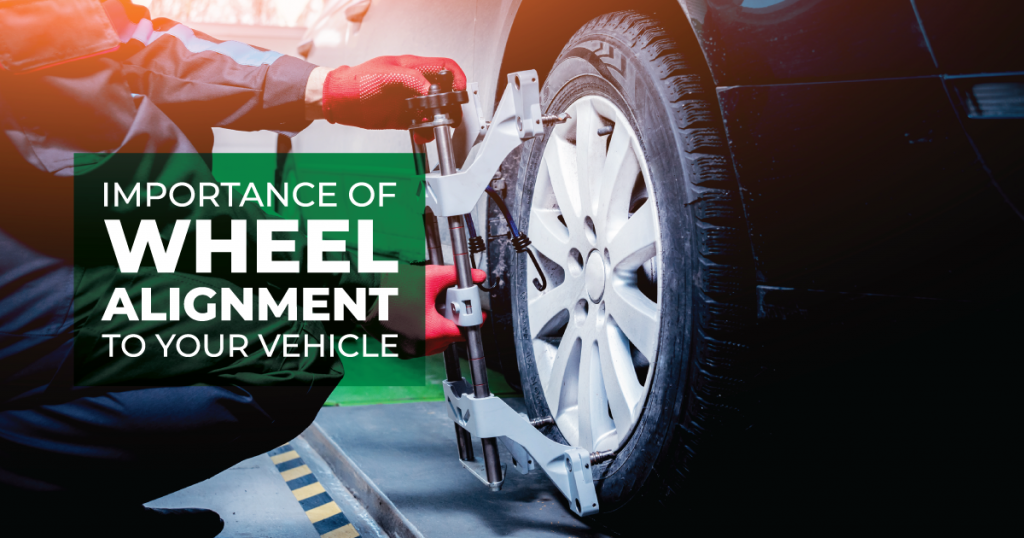Your wheels play a critical role in the overall safety of the vehicle. Every manufacturer has specific measurements on how the wheel is aligned against the surface and many a time, alignment goes off due to numerous reasons like rough roads, deterioration of suspension components amongst other factors. Wheel alignment affects fuel efficiency, tire wear, tire performance, vehicle handling and maneuverability. The big question is what does wheel alignment entail and what are the ramifications of not aligning your tires frequently?
Consequences of not aligning your wheels
Misaligned tires lead to development of problems within a vehicle’s various systems. When alignment is really bad, it’s easy to tell as you drive. The vehicle will pull one way or the other. In other words, if you let go of the steering wheel and the vehicle immediately steers to the left or right, there’s a good chance that there’s an issue with your wheel alignment. This may also cause vibration that you’ll feel especially in the steering wheel. in essence, proper wheel alignments allow for safer driving. It will also extend the life of your tires, shock absorbers and critical suspension components like bushes. Incorrectly aligned wheels are one of the main causes for uneven and/or premature tire wear. Uneven tread wear will decrease the safe driving life of a tire, or in a worst-case scenario may damage a tire beyond repair, requiring premature replacement.
Wheel alignment procedure
Tire alignment centres are spread all over the country and offer a full alignment regiment including camber and caster adjustment, to rectify ‘toe in’ and ‘toe out’ of wheels. Majority of this centres do have modern computerized equipment that ensure alignment is done exactly as prescribed for by the vehicle manufacturer. Wheel alignment must be performed by a licensed professional technician. These technicians are trained and certified to service your vehicle. They’re qualified to install tires and wheels, repair them, and perform alignment tests and four-wheel alignments.
It’s recommended to have your tires aligned any time you have a new set of tires installed on your vehicle or when you replace suspension parts like shocks and bushes. It is also recommended that regular alignments are done according to your vehicle specific specifications for your particular model. Majority of these centres do have manufacturer sourced software licenses that are installed in the alignment computers, which with the help of laser sensors mounted on each wheel hub can accurately ensure alignment is correctly done.
Once alignment is done, the technician will test whether alignment was successful and also will perform a physical inspection to see if there are any wear patterns that suggest further alignment issues. They can also perform more in-depth diagnostic tests to ensure that your wheel alignment-and the rest of your vehicle-meets all safety and performance specifications.
